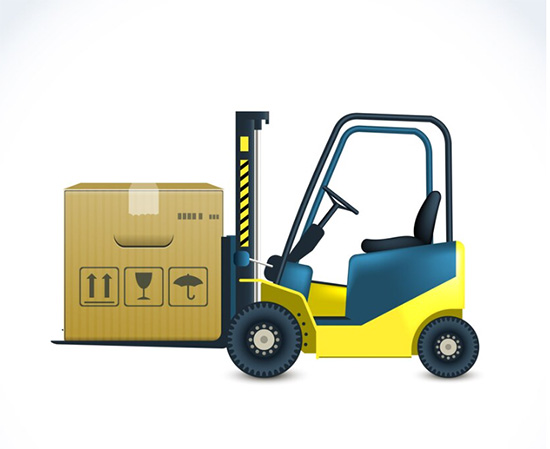
Electric Forklift
Electric forklifts have been growing in popularity over the past decade as warehouses and distribution centers look to reduce their environmental impact and operating costs. But are these high-tech lift trucks truly poised to replace their reliable gas- and diesel-powered counterparts? There are several key pros and cons to consider when weighing electric vs gas forklifts.
The choice between electric vs gas forklifts largely depends on individual operation needs, but the tides seem to be turning in favor of electrics. Many major logistics companies like Amazon and Walmart have pledged to drastically increase their electric lift truck fleets. Startups focusing exclusively on electric trucks, like Hoist Liftruck, are also gaining steam. If the warehouse electrification trend continues, gas and diesel forklifts could become the exception rather than the norm in the not-so-distant future.
Bright side of Electrical Forklifts
On the pro side, electric forklifts clearly win when it comes to sustainability. They produce no local emissions, lowering a facility’s carbon footprint. Maintenance needs are also reduced thanks to fewer fluids and simpler engines. At the same time, advancements in battery technology have significantly improved efficiency and reduced charging times. An electric forklift can often run for a full 8-hour shift without needing a charge.
Electric forklifts also shine when it comes to productivity. Their torque-rich performance allows fast acceleration and lifting, while near-silent operation doesn’t disturb other workers. Studies have shown increased throughput in facilities using electric lifts compared to internal combustion models. Cost savings may also be realized thanks to reduced fueling needs and a battery life of 5 years or more before replacement is required.
Are Diesel trucks better?
However, gas and diesel forklifts still have advantages that make them preferable for some facilities. Refueling only takes minutes, whereas battery charging can tie up equipment for an hour or more. This allows flexibility that electric models can’t match. Additionally, gas and diesel lifts provide longer runtimes before refueling is needed, and faster speeds which lead to higher productivity in large outdoor yards.
In summary, while gas/diesel lifts still hold advantages in runtime, flexibility, and speed, electric forklifts offer sustainability, productivity, and cost benefits that seem likely to make them the warehouse vehicle of choice going forward.
Facilities looking to add or replace equipment should carefully weigh options before deciding which power source best suits their needs. One thing is clear though – interest in electric forklifts is charging ahead. NFE-LIFTS offers both electric and gas-operating forklifts, so make sure to check them out!


